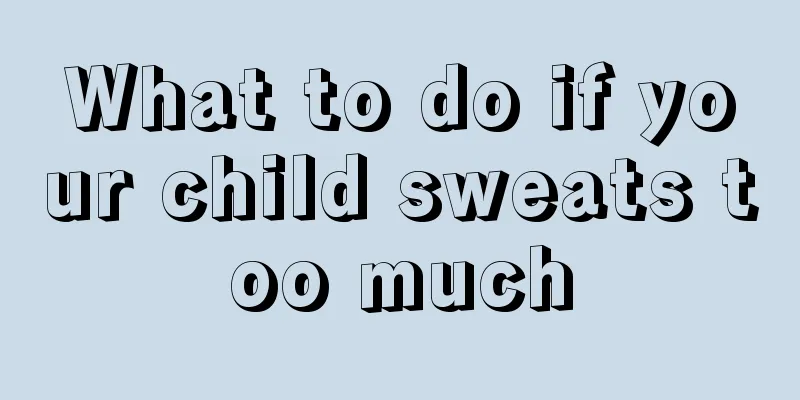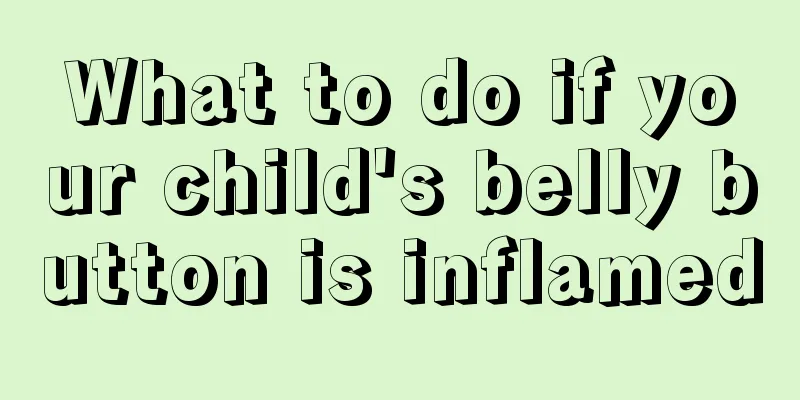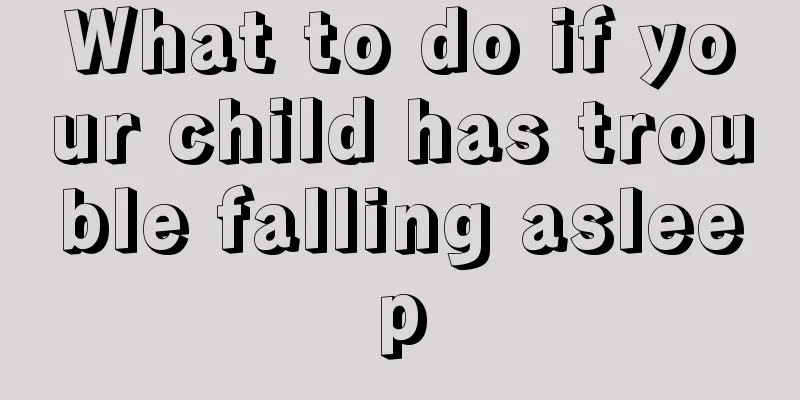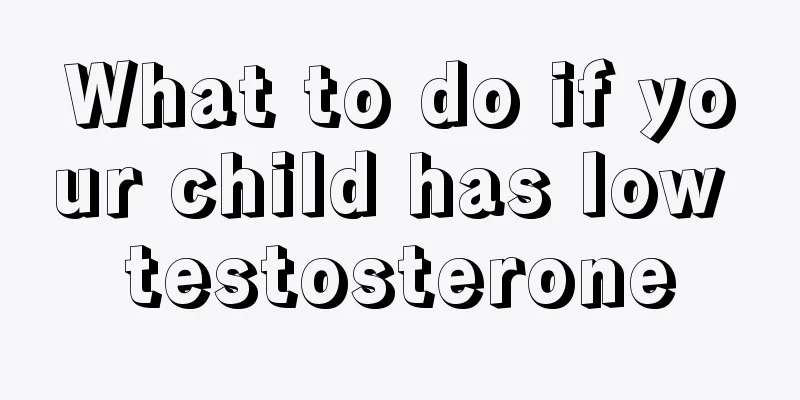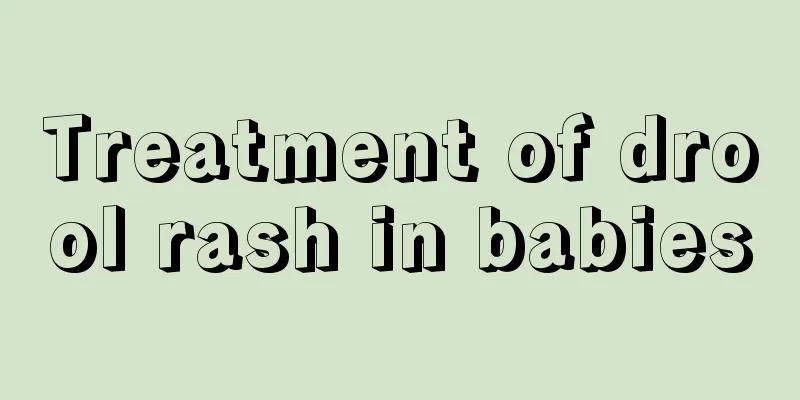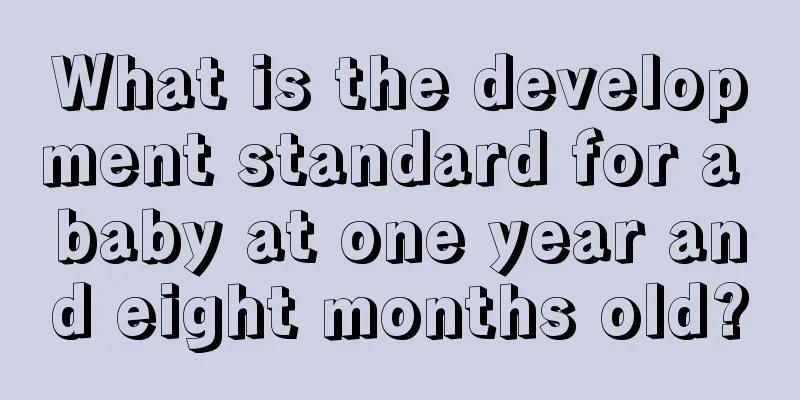Can sinusitis in children cause coughing?
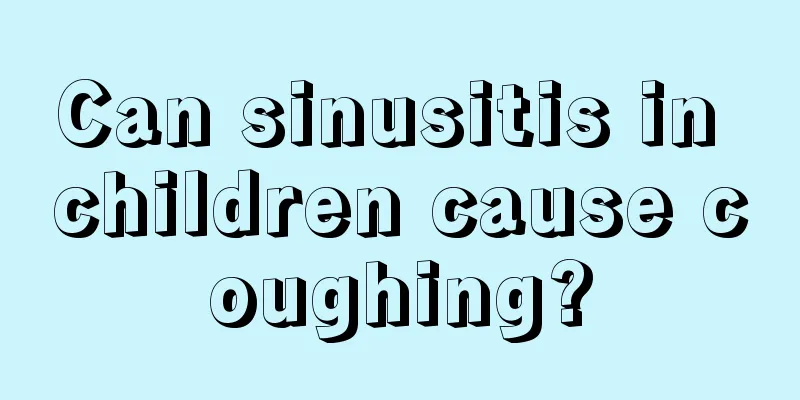
|
Children are prone to sinusitis, so they need to receive timely and effective treatment. Sinusitis causes many symptoms, such as runny nose, headache, nausea, etc. Sometimes it can also cause coughing, especially the symptoms of acute sinusitis are similar to those of a cold. For children, sinusitis is very harmful and can easily lead to poor academic performance and decreased immunity. Can sinusitis in children cause coughing? Sinusitis is an inflammation caused by one or more sinus mucosa, so it is called sinusitis. It will affect the patient's maxillary sinus, sphenoid sinus, frontal sinus and other parts of the body. It is a disease with a very high incidence rate and will seriously reduce the patient's quality of life. Can sinusitis cause coughing? 1. Most sinusitis patients often experience coughing when they get sick. In fact, sinusitis sometimes causes coughing symptoms. When sinusitis occurs, nasal secretions, that is, nasal mucus, will flow down and directly into the patient's throat, trachea, and bronchus, which will directly lead to a reflex cough, the purpose of which is to cough out the mucus in the trachea. 2. Some patients will worry about coughing. Could it be a sign of lung disease? At this time, go to the hospital to check if there is anything abnormal in the lungs. You will find that the coughing symptom is actually caused by sinusitis. If sinusitis is not treated promptly, it will cause more inflammation, such as irritation to the upper respiratory system, causing bronchitis, and leading to severe coughing and asthma. What causes sinusitis? In fact, there are many factors that lead to sinusitis. Many people think that it is caused by incomplete treatment of colds and flu, but this is not entirely true. It varies from person to person. So what causes sinusitis? 1. Blocked nose Because the nasal cavity itself has certain diseases, such as nasal polyps, foreign objects in the nasal cavity, tumors in the nasal cavity, and hypertrophy of the nasal concha, etc., the patient's sinus openings will be directly blocked, causing sinusitis. 2. Allergic reaction If the patient suffers from allergic rhinitis or other allergic diseases, the patient's nasal concha mucosa will be severely edematous. The severely edematous nasal mucosa will directly lead to blockage of the patient's sinus openings, thereby causing sinusitis. At this time, the patient's sinus mucosa will also have an allergic reaction, which will cause more serious bacterial infection. 3. Infection Because patients do not receive timely treatment after catching a cold, or the treatment is not thorough enough, the cold virus will spread from the nasal cavity to the sinuses, causing damage to the tissues around the sinuses, and other complications will continue to occur, which will turn into acute sinusitis over time. |
<<: Sinusitis in children causing cough
>>: What to do if your child has dry colon
Recommend
What can children eat to help them grow taller?
A child’s height has a lot to do with both innate...
Daily life precautions for nine-month-old anemia
Clinically, many babies suffer from anemia, and t...
Breastfeeding quantity and frequency of newborns
Breastfeeding is the main way for newborns to abs...
Reasons why children's faces turn dark
Parents care for their children meticulously and ...
Children get angry and parents get anxious? Have you learned the tricks to relieve the heat?
Every child is a treasure to his or her parents. ...
The baby's head is hot but the body temperature is normal. Do you know why?
Children are prone to fever symptoms, but sometim...
What are the symptoms of cerebral hemorrhage in children?
Cerebral hemorrhage in children is a relatively s...
Nine nutrients necessary for children's growth and development
Nutrition experts say that children's bodies ...
Reasons for repeated coughing in children
No matter what season it is, children are particu...
How to do massage for infant with cold
The problem of baby colds can be said to be the m...
What to do if red bumps appear on baby's legs
Every baby is a little angel of his parents. Ever...
What should I do if my child has poor athletic ability?
Exercise is a human instinct. People exercise eve...
What foods are good for babies to eat during breastfeeding?
We all know that during the breastfeeding period,...
How many times a day is normal for a baby to poop during the confinement period
Generally, babies will have full stomachs after o...
What are the benefits of skipping rope for children?
For every child, skipping rope is a sport that ev...
